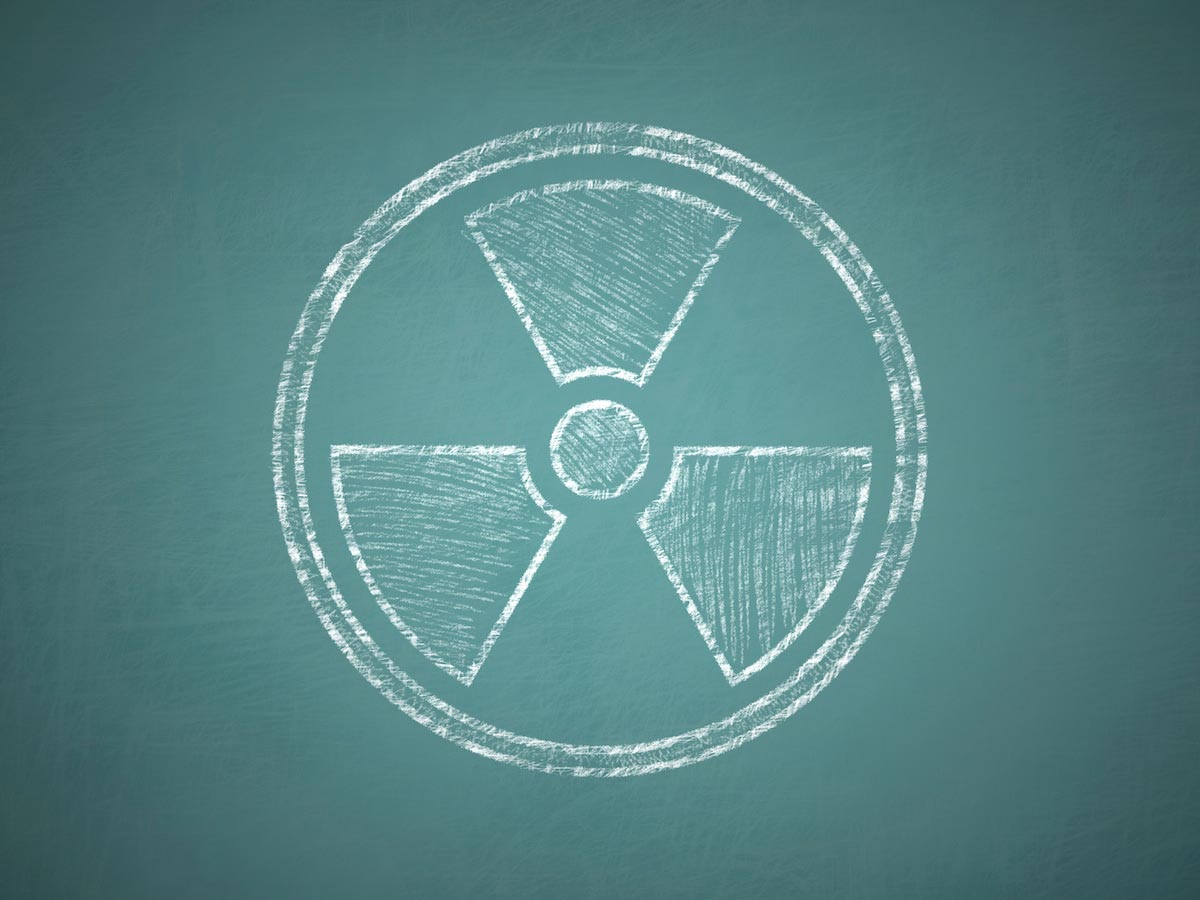
According to the report, the free market itself has willed this outcome, as bids for certain clean energy projects that include batteries, solar, and wind have evidently come in much lower than anything else ever seen before. To be more specific, hundreds of bids were recorded at seemingly rock bottom prices; and the best part is that they weren't the lowest bidders, but instead indicated the average of all of the bids.
Xcel, an $11 billion gas and electric utility company that currently serves around 3.3 million customers across eight different states, said that "the response to this solicitation is unprecedented." They sent out their last solicitation for bids in August 2017 in order to see what kind of response they could get from the market. Without any prompting of their own, they received more than 400 bids: 251 bids including solar, 119 bids including wind, and 105 bids including battery storage technology.
Compared to the current market, where a new coal plant would typically produce electricity at an estimated cost of about 12 to 14 cents per kilowatt hour, wind farms would be able to deliver the same for only 1.8 cents per kilowatt hour, while solar is at 3 cents per kilowatt hour. This kind of pricing is clearly far superior to that of conventional methods, and a huge reason why the market – as well as actual consumers of the electricity that is going to be produced – should start to take heed.
Even the cost of simply maintaining currently existing coal plants can be more expensive than their clean energy counterparts. According to information from the U.S. Energy Information Administration (EIA), the cost of running an existing coal plant involves shelling out about 3.6 cents per kilowatt hour – that's 2.5 cents of coal and 1.1 cents for just the operations and maintenance of the plants. The reasons for not using clean energy methods like wind, solar, and battery storage seem to become fewer each day.
With today's standard technology, the likes of solar and wind can't truly serve as full-time replacements for coal due to the fact that they currently run intermittently, according to the report. So it's a good thing that the responses to Xcel included some for the nascent battery storage industry. While it is said to be expensive at the moment compared to what it could be, the total cost when combined with wind and solar isn't bad at all – the average bid for wind plus storage was recorded at 2.1 cents per kilowatt hour, while the average bid for solar plus storage was at 3.6 cents per kilowatt hour.
The results of the Xcel bidding process is only one sign that the times truly are changing and the world is slowly but surely accepting clean energy as a reliable alternative for conventional methods of producing electricity. If, in the beginning, they served as a way to get rid of old, deprecated power plants, now it looks like they could be the way to generate power for your home in the near future.
Check out more news on clean energy in Power.news.
Sources include:
Please contact us for more information.






















